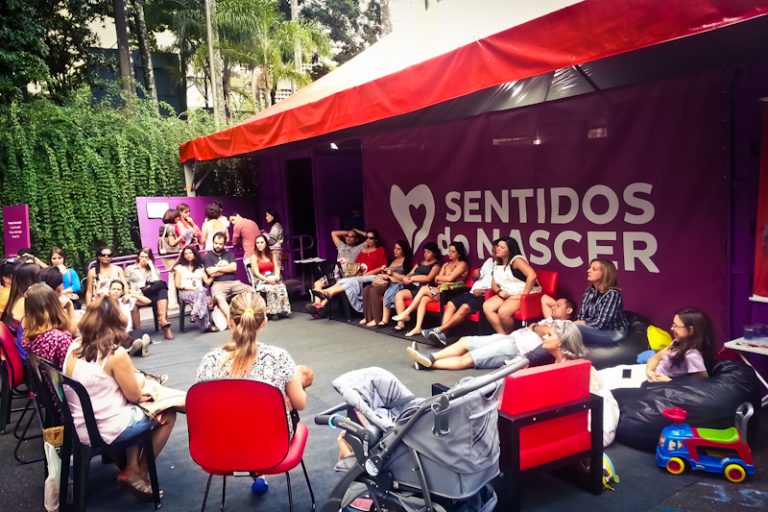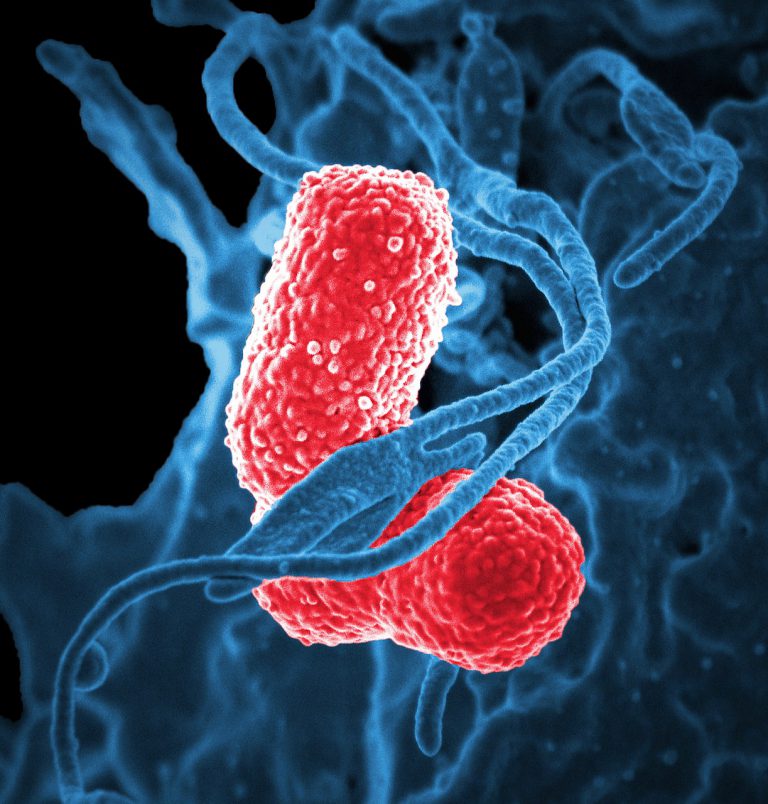Breastfeeding in premature infants: impact of BFHI for neonatal units
Carmen Gracinda Silvan Scochi
Project name
About
The study implemented the Child Friendly Hospital Initiative for neonatal units (Neo-BFHI) in order to assist premature infants in hospitals throughout the five regions of Brazil. It measured the impacts of the intervention with respect to two indicators: exclusive breastfeeding incidence among premature babies and adherence to measures by health professionals.
How was the experiment
The experiment was conducted in three phases and in nine hospitals located throughout Brazil (north, northeast, central west, southeast and south). Five hospitals received the Neo-BFHI intervention and four did not (control). In the first phase, the team collected data on breastfeeding habits of 488 mothers with premature babies and on the practices to encourage breastfeeding through interviews with 365 professionals and 233 mothers, as well as 27 observational visits. In the second phase, the researchers implemented Neo-BFHI based on Knowledge Translation techniques, with the active participation of five multi-professional groups working at the intervention hospitals located in each region of the country. In the third phase, the team again collected data on breastfeeding habits of 495 mothers with premature babies and on the practices to encourage breastfeeding through interviews with 345 professionals and 198 mothers, as well as 21 observational visits. The impacts of the intervention were measured with respect to two indicators: exclusive breastfeeding among premature infants and adherence to measures by health professionals.
Main results
The intervention hospital in the southern region, in Londrina (PR), was the only one that significantly increased the rates of exclusive breastfeeding both at hospital discharge (from 29.8% to 84.4%) and in the first month in which the premature infant was home (from 27.3% to 77.1%). This hospital also had the largest increase in adherence to best practices, including the Ten Steps (from 35.5% to 78.5%), the Three Guiding Principles (from 47.8% to 95.8%) and the Code (from 62.5% to 87.5%). More than 500 health professionals were trained in these practices and 4,600 premature babies directly benefited from the project.
Why is it innovative
Neo-BFHI is an innovative strategy to expand conventional BFHI practices to promote, protect and support breastfeeding, taking into account the complexity of breastfeeding premature and critically ill babies. This is the first study in the world to collect data on the impact of this intervention on two indicators, utilizing interviews with mothers, managers and health professionals, document analysis and observation of the practice by external evaluators instead of information collected by the institutions. This makes the data much more reliable and accurate.
Problem that solves
The low rates of breastfeeding among premature infants, an essential factor to promote the mother-child bond and protect them against infections and complications during their hospital stay. A study of 93 premature infants found that only 22.6% had been breastfed in the first hour of life.
Implications for the brazilian health system
In addition to trainings based on the best evidence, the implementation of Neo-BFHI incorporates a set of low-cost, high-impact measures, such as providing accommodation for the mother to stay beside the baby’s incubator in kangaroo care. As such, the guidelines of this expanded initiative for premature and sick babies could be incorporated as mandatory requirements to grant the title of Baby Friendly Hospital to institutions that serve this high-risk segment of the population throughout the country.
Implications for global health
With a low cost and high impact, the 10 Steps intervention could be adopted by the United Nations Children’s Fund (Unicef) and the World Health Organization (WHO) and recommended to member countries.
Next steps
The team needs new funding to return to the five units that received the intervention in order to assess whether changes in the practices of professionals with respect to the promotion and protection of breastfeeding for premature infants have continued after one or two years. This will help the researchers identify what worked well in order to expand Neo-BFHI to other Brazilian neonatal units.
Published studies
- Aleitamento materno exclusivo de prematuros e motivos para sua interrupção no primeiro mês pós-alta hospitalar - 01/2019
- Predictive factors of the interruption of exclusive breastfeeding in premature infants: a prospective cohort. Rev Bras Enferm [Internet], 2018 Nov-Dec, v. 71, n. 6, p. 2876-2882 - 11/2018
- Breastfeeding in premature infants discharged from baby-friendly hospitals in southeastern Brazil. Rev. Eletr. Enf., v. 20, n. 22, 2018 - 01/2018
- Exclusive breastfeeding in preterm infants at child-friendly hospitals: a comparative study. Online braz j nurs [internet] 2018 Jan, v. 16, n. 3, p. 319-330 - 01/2018
- Breastfeeding of premature infants at a child-friendly hospital: from hospital discharge to home. Rev Rene, 2017 Nov-Dec, v. 18, n. 6, p. 810-817 - 12/2017
Article about the project
The 10 steps that increase breastfeeding among premature babies and can save lives
Related projects

Sentidos do Nascer: effects of an interactive exhibition on the transformation of perception about delivery and childbirth



